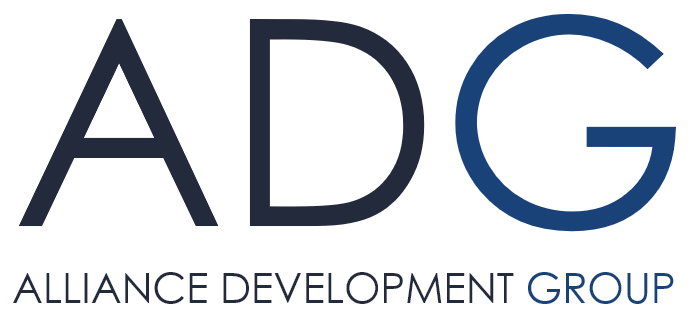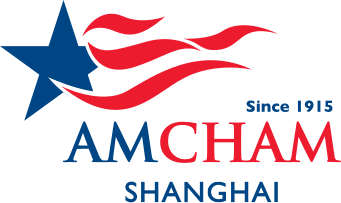China sales requires more than one “China guy”
Written by ADG China
10/19/2016

What do the most successful Western companies know about China sales? They know that when attempting to forge meaningful ties, a sales force of one just won’t cut it.
When Dell aimed to expand its China sales, the tech giant talked about adding more than 100 sales representatives for its Commercial Sales and Enterprise Solutions business. Even for companies operating on a more modest platform, that kind of investment carries a symbolic significance. In a marketplace where tech giants cast a long shadow, those hoping to gain a foothold need to bring a full complement to capabilities to the table.
Most businesses can’t go into the world’s second largest economy with the proverbial “China guy” and expect to make significant headway. Organizations have tried with only limited success. Companies looking to partner in China, where the tech sector in particular is fueling growth, will need a team on the ground with a broad suite of skills and contacts.
Fortunately, reliable and affordable market development options are available that allow firms of all sizes to limit upfront investment risk as they validate the market and establish traction. But first, here’s a look at why one China sales person is not enough when it comes to scaling that Great Wall:
- Size. Simply put, China is big. More than a billion people. A geography just slightly smaller than the United States. And the tech sector is huge—668 million Internet users alone (more than double the entire U.S. population). In addition, aggressive competition exists at every turn from hungry local upstarts to giant corporations. The knowledge, time and relationships required to gain traction in such a vast and complex territory extend well beyond the capabilities of a single person.
- Scope. Competing in a large and rapidly changing tech economy means there is much ground to cover, both literally and in terms of organizations, influencers, and decision makers. Western firms can easily identify a dozen or more potential partner companies, and within each, stakeholders are scattered across multiple locations, levels, and diverse divisions. Any single contact may hold the keys to striking a deal. More than one representative is needed to knock on that many doors, keep the web of relationships active, and ensure that multiple interests are aligned. Consequently, a typical international business development representative with an annual cost structure of around $150K is limited to implementing a small portion of any comprehensive market growth strategy. In fact, the strategic picture—Should we sell direct? Partner? Sign a contract? Buy a competitor?—is often overlooked in place of limited tactical progress. In addressing a market as vast and varied as China’s tech sector, a company needs depth on the bench. Otherwise, the scope of progress is hindered and timelines are stretched beyond acceptable limits.
- Intensity. The China market is not for the faint of heart. The local competition and substitutes, complex relationship structures, and rapid pace of development are all wrapped in cultural, social, and political underpinnings that can easily confound new market entrants and veterans alike. Gaining and maintaining the knowledge required to execute effective business strategies requires a variety of skills and talents across multiple levels.
So if one person is not enough, what are the options?
China sales – DIY or platform?
In short, the dynamics of the China market make it a hostile environment for the single-rep approach to market growth. Still, the do-it-yourself (DIY) single China sales rep model remains surprisingly common given the number of ways that it can lead to time drain and failure. Though many smaller firms want to enter China modestly, shake a few hands, and maybe get something started in a small way, they run the risk of being overwhelmed by the complexity or being unprepared for an adequate response if they meet with early progress.
Furthermore, having the “China guy” in place too often means putting all the corporate eggs into one basket. As the sole face of your company in China, this individual may hold all the contacts, know all the players, understand where and how deals are made. Competitors see the value in such a person and frequently poach the best China reps. With an entire nation’s market tied up in the hands of a single individual, Western firms take an unwarranted gamble.
This need for redundancy really goes to the heart of the conversation for firms planning their long-term China representation. Even assuming you can find that rare individual with sufficient breadth and depth, someone who can knock on the right doors and have the right conversations, the lack of a Plan B in the case of that person’s departure can put the entire China enterprise at risk.
As an alternative, a number of reputable business development platform partners have developed to help Western companies build and implement effective China growth strategies. These firms limit the upfront investment and personnel risks while providing team depth, market insight, and business contacts that a Western company could not otherwise replicate on its own. Even more significantly, such a partner can offer the promise of continuity, with core capabilities that remain in place even as individual players may come and go.



